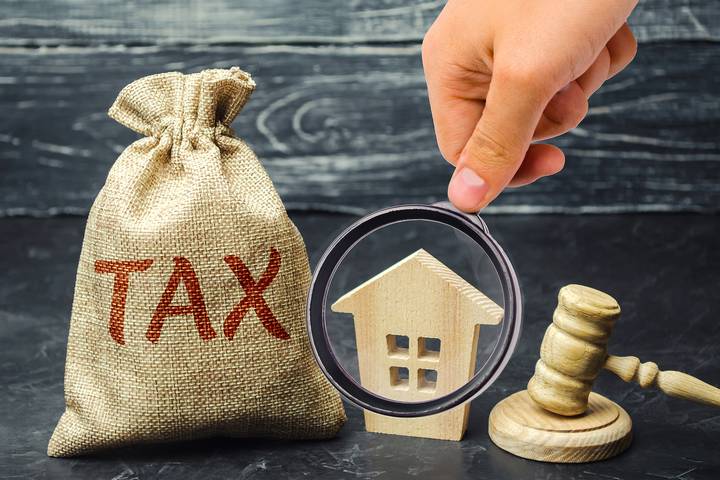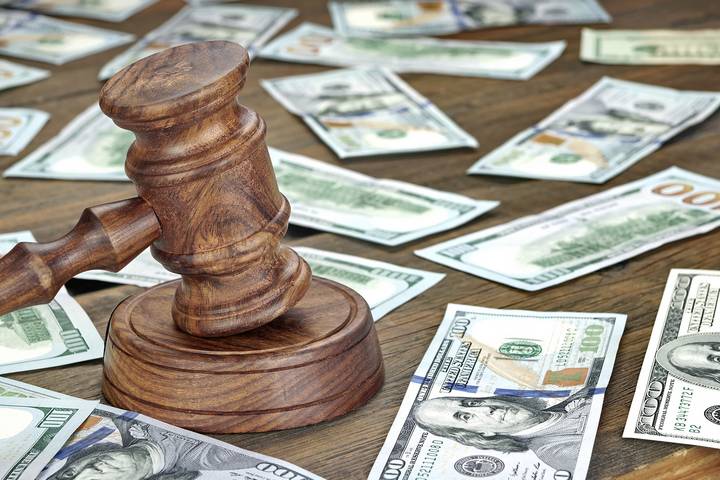When homeowners do not pay their property taxes for an extended period, their municipality can initiate foreclosure proceedings just like a mortgage lender can. This involves selling the property in a ‘tax sale’ to recoup unpaid property taxes under a new homeowner. Tax sale properties are often priced far below market value. However, can come with their caveats if a buyer doesn’t take the time to do their research.
You can find tax sale properties listed online with minimal information about the property. A listing may be up for weeks before its deadline, featuring a description and the minimum purchase amount. The purchase amount includes all tax arrears owing, penalties, interests, and all reasonable costs incurred by the property.
Let’s learn about what is a tax sale property.
Tax Sales By Public Auction vs Public Tender

There are two ways to buy homes through Ontario tax sales: tender and auction. A public tender is when buyers put in offers using sealed envelopes that include a 20% deposit of your final offer. With a tender, buyers make one offer, and that’s it. Whoever has the highest offer gets the property.
A public auction is when one is physically present at a designated auction site. With an auction, one can bid multiple times if they’re being outbid and, again, the highest bidder wins. Most tax sales in Canada are made by public tender.
Common Tax Sale Property Problems

As tax sale properties are homes that a taxing authority has foreclosed on, they’re sometimes not the best-looking and can come with issues you’ll discover in your research. It may have a lien on it. The previous homeowner may still be living there.
If it’s a land-only tax sale property, verify that it has road access or rights to road access, at the very least. Whatever the issue, any associated costs are your responsibility should you decide to make a bid.
What Happens with The Prior Mortgage

Any mortgage currently on the property is dismissed once it is sold in a tax sale. Municipalities want a quick sale with a tax sale property. They are willing to eliminate complicated paperwork that would otherwise come with transitioning from one homeowner to another.
The exception, however, is if there is a mortgage or lien on the property in favour of the Crown. These don’t disappear and must be managed by the new homeowner.
Limited Information About a Tax Sale Property

Adding to the risks of buying a tax sale home is that you can’t physically walk inside or arrange a home inspection. While you can look at a property from the road, which is public property, you have very limited information about the full state of what you will be dealing with after you’re provided with the title.
For example, if there are squatters or the prior homeowners remain living there, the municipality has no obligation to evict them. This will be your duty.
Despite what you don’t know about a tax sale property, there’s still a lot you can find out.
- Do a title search which will provide a synopsis of records on the title, i.e. who owns it, what mortgages are currently registered against it, and any easements or restrictions.
- Do an execution search showing details of any court judgments against the prior owner. If there is Crown interest on a property – such as if the prior owner owes $40,000 in income tax and the CRA has put a lien on the home – this will not disappear once the property is sold and will become your responsibility to pay.
- Always do a visual inspection in person. If you see any red flags, take those into account.
Prior Owner Has Months To Reclaim It

If you are successful in your bid on a tax sale property, know that the prior homeowner is provided with a redemption period of up to 12 months wherein, if they pay off the debts owed, they can reclaim full ownership. Should this happen, your bid is refunded in full plus interest. While it’s not the most convenient for an investor, this is a risk anyone buying a tax-sale home faces.
Excellent Tax Sale Deals

Tax sales have risks, but they can be navigated. You may be able to get set up with a home for 30-50% less than its market value. Many people use tax sale properties as investments, doing additional research into the neighbourhood, amenities, and variables impacting a home’s total market value.
With a tax sale home, you can also adopt it as a primary residence, use it as a secondary residence, rent it out, or do anything you like. It’s yours!